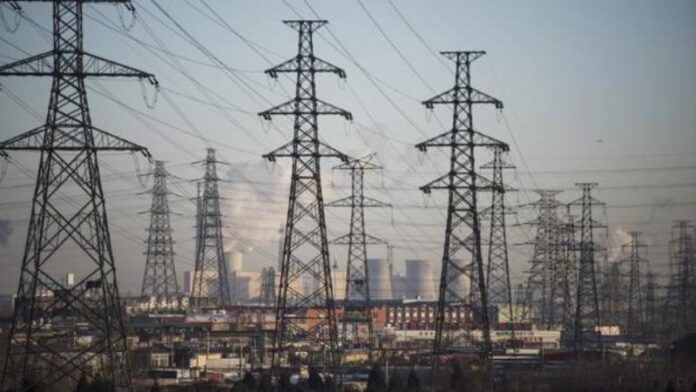ISLAMABAD: The government has unveiled its federal budget for the fiscal year 2023-24, with a significant increase in subsidy allocation amounting to Rs1,074.2 billion.
The power sector emerges as the major beneficiary, receiving a substantial portion of the subsidy allocation. This move aims to provide relief to consumers and address the financial challenges faced by the energy sector.
The government’s initial budgeted subsidy for the ongoing fiscal year 2022-23 was Rs664 billion. However, due to various factors, including higher payments to Independent Power Plants (IPPs), the actual subsidies swelled to Rs1,103.077 billion, according to revised estimates. This unexpected increase highlights the importance of bolstering the subsidy allocation to ensure the stability of the power sector.
In the next fiscal year, the government has earmarked Rs579.075 billion for power sector subsidies, reflecting a significant boost from the original allocation of Rs455 billion for the ongoing financial year. This increased allocation intends to stabilize electricity prices and provide a cushion for consumers, ensuring reliable access to affordable energy throughout the country.
Furthermore, the government has allocated Rs310.075 billion for payments to independent power producers (IPPs) in the upcoming fiscal year. This allocation is part of the total Rs579.075 billion outlay for subsidies, emphasizing the government’s commitment to supporting key players in the power sector.
While the subsidy allocation for the power sector witnesses a substantial increase, adjustments have been made for other sectors as well. The inter-distribution companies’ (DISCOs) tariff differential subsidy has been reduced to Rs150 billion for the next fiscal year, compared to Rs225 billion in the ongoing year. Similarly, a subsidy of Rs55 billion has been set aside for tariff differentials in Azad Jammu and Kashmir (AJK) in FY2023-24, slightly lower than the revised estimate of Rs75 billion for the ongoing financial year.
The subsidy for K-Electric had been raised almost to double at Rs 315 billion for the next fiscal year.
The government had allocated Rs 80 billion subsidy for the K-Electric consumers during the current year. But the actual subsidy went up to Rs 193 billion according to revised estimates.
Out of the total amount, the government has set aside Rs.171 billion for picking up K-Electric’s tariff differential against Rs.66 billion in the ongoing year.
The government had allocated Rs 66 billion for the ongoing financial year but it went up to Rs 173 billion according to revised estimates.
An amount of Rs7 billion will be given to K-Electric for the industrial support package against Rs 13 billion for the ongoing financial year.
The government’s efforts to balance the subsidy allocation can be seen in its decision to shelve the industrial package subsidy, which stood at Rs7 billion in the ongoing year. Additionally, the zero-rated sector will not receive any subsidy in the next financial year, despite an allocation of Rs64 billion in the revised estimates for the current year.
In the petroleum sector, a substantial subsidy allocation of Rs536 billion has been set aside for consumers. However, it is noteworthy that no specific allocation has been made for the LNG sector in the upcoming financial year, despite the challenges faced by Pakistan State Oil (PSO) and LNG due to circular debt.
Furthermore, the government has allocated funds to support essential goods. The Pakistan Agricultural Storage and Services Corporation (Passco) will receive a subsidy of Rs10 billion, primarily for wheat operations and maintaining wheat stocks. The Utility Stores Corporation has been allocated Rs35 billion to ensure affordable prices for essential goods.
Moreover, the government has allocated additional subsidies for flood relief, Mera Pakistan Mera Ghar Scheme, and other initiatives aimed at supporting key sectors and the general public.
While the increased subsidy allocation demonstrates the government’s commitment to providing relief and stabilizing the energy sector, challenges remain in effectively managing these subsidies within the allocated budget. Striking the right balance between financial assistance and fiscal discipline will be crucial for the government in the upcoming fiscal year.




